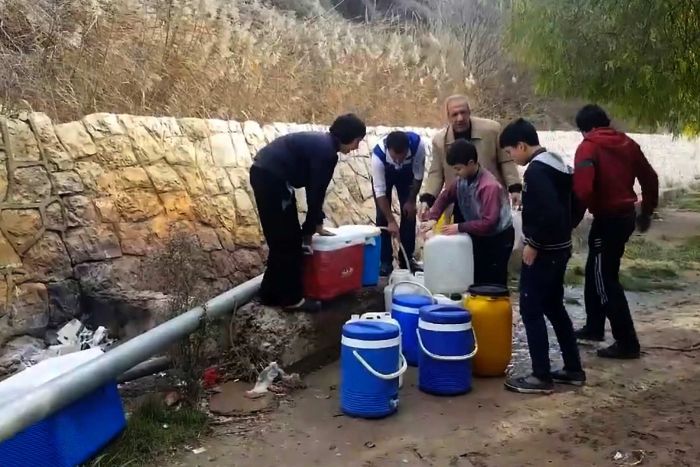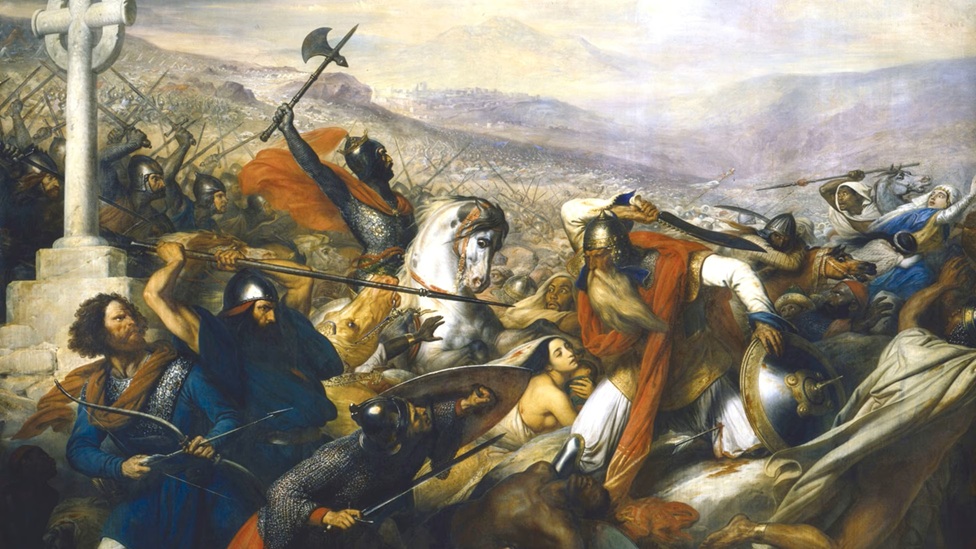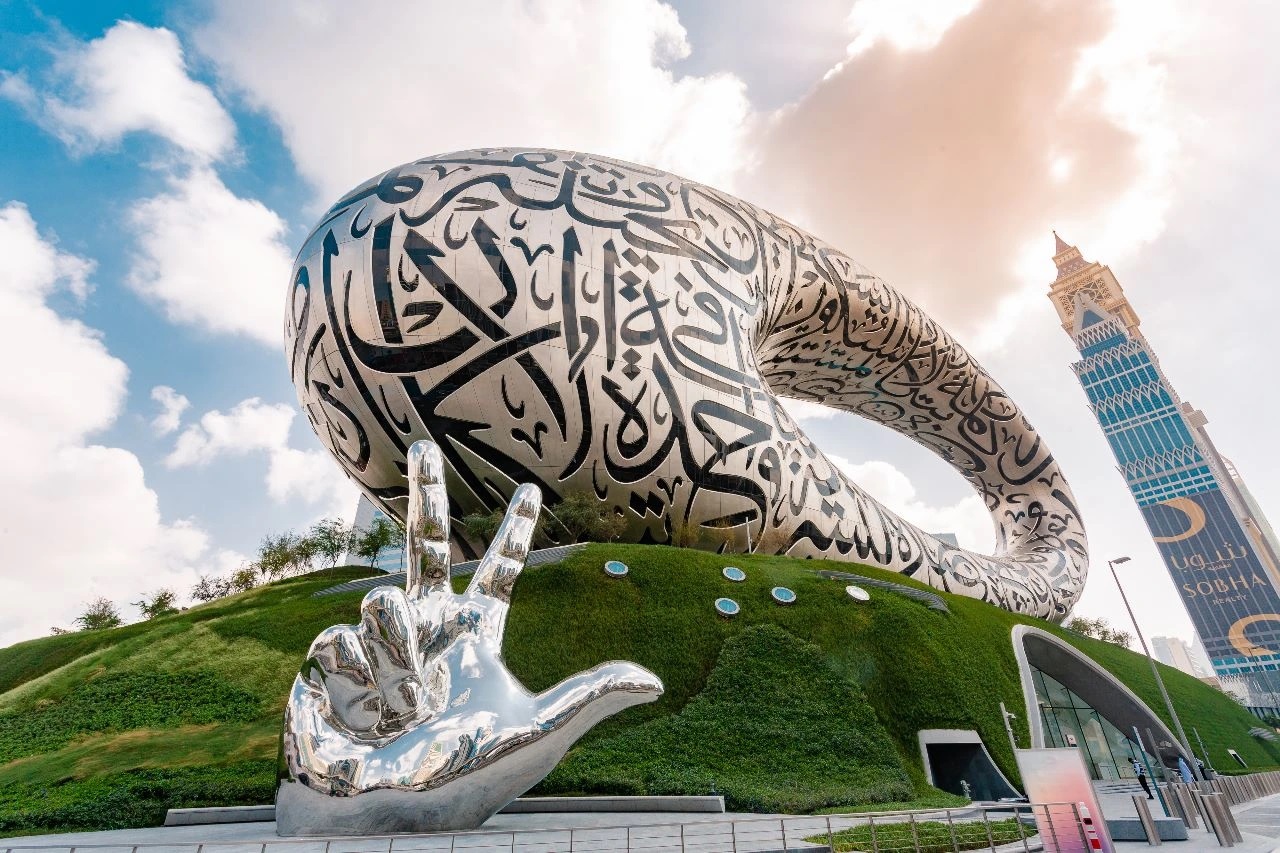
By Areej Zaher*
After seven years and a half, war has taken its toll on Syria, and many conflicts rose to the surface, and raised many concerns.
Internal strife , civil war and terrorist attacks bring untold hardship to the civilian population. however, water conflict was a big concern, and there were warning of water insecurity.
Water security is the stabilization of water resources on demand. However, water insecurity is when there is water insufficiency on demand.
Syria is suffering from a serious water insufficiency (more than 4 billion cubic meters, with 4 billion cubic meters of its annual share of The Euphrates. which means its insufficiency will reach 10 billion cubic meters in the future. Then, every drop will lead to social, economic, political insecurity in Syria.
Water resources management in Syria is confronted with numerous challenges. First, all of the country's major rivers are shared with neighboring countries, and Syria depends to a large extent on the inflow of water from Turkey through the Euphrates and its tributaries. Second, high population growth and urbanisation increase the pressure on water resources, resulting in localized groundwater depletion and pollution, for example in the Ghouta near Damascus. Third, there is no legal framework for integrated water resources management. Finally, the institutions in charge of water resources management are weak, being both highly centralized and fragmented between sectors, and they often lack the power to enforce regulations.
Conflicts between Syria and its neighbours over water were always there, motivated by water volume variances. and on top of it, Israeli ambitions to control water resources in the occupied Golan. Not to mention labeling the region as a semi-arid tropics, its neighbours have a share of its rivers. All these factors are threatening the safety of these resources.
Water resources in Syria have geopolitical effects due to its dependence on The Euphrates for reasons which include: Turkish water policy. Starting with Turkish non recognition of international laws, especially Vienna convention in 1815. And Turkey made no commitment to name its share of water along with Syria and Iraq. Turkey also used water as an excuse to put a political pressure on watercourse state (Syria) and downstream state (Iraq) to get access to oil at the least cost. Turkey established "GAP" project to improve south east Anatolia which includes 13 irrigating projects and hydropower, seven of them were established on the Euphrates. Not to mention the geopolitical dimension to the Turkish-Israeli ally, and its security and economical aspects which facilitates the making of a new order to enforce Zionism. Since 1996, Turkey has leaked its contaminated water through The Balikh, affecting people, environment and animals.
The Syrian Iraqi-Turkish conflict over water was aggravated by reason of not having clear obligatory legal rules for dispute settlement, notwithstanding the agreements to share both The Euphrates and Tigris water, and this International agreements on transboundary rivers are: The 1920 Franco-British Convention, the 1923 Treaty of Lausanne, the 1930 Treaty of Aleppo, the 1926 Treaty of Friendship and Good Neighbourly Relations between Turkey and Syria, the 1980 Protocol of Economic and Technical Cooperation between Syria and Turkey.
War also aggravated water conflict, after water being used to achieve political, military and economical goals, and was associated with the changes of military takeover and Zones of influence. This led to negative repercussions for social and economic stability.
Drought, Turkish intervene to hold water behind their dams, the rising of militias and their ambitions to overtake vital water resources, and successive government never establishing water resources management, made the region a battlefield that will make an influence on Syria and its sovereignty in the Future. The Euphrates goes through Governorates of Deir ez-Zor and Ar-Raqqa, was a winning horse in this war. And Tishreen Dam which is built on it became a contested territory between Isis on one side, posing a continuous threat of demolishing the dam or make a hole in it, which may lead to make it out of service. And Turkey on the other side, that have the power to cut off the dam water supply, and this may lead to undermine its role of hydropower, agriculture and irrigation. Which Turkey really did in 2014 and 2017.
And moving to the south of the country, conflict with Israel over water have been always there since the Israeli independence, and its ambitions to over control head waters in mount Hermon and the governorate of Quneitra.
The clashes between the militias and the Syrian army on one side, and between these militias on the other side, allowed the Israeli army to get access to the water springs there.
Water from the Wadi Barada and Ain al-Fija springs, which serve 70 percent of the population in and around Damascus, was cut after infrastructure was damaged in fierce clashes. The Syrian army and its allies are pushing to recapture Wadi Barada in spite of a nationwide ceasefire. The regime claims it is going after rebel groups who were excluded from the truce, like former al Qaeda affiliate Fateh al-Sham, which it says is operating in the area.
Damaged water infrastructure, a lack of maintenance, and limited power supply has resulted in a 50% reduction in access to safe water in Syria.
Some academics and environmentalists, have suggested that the roots of the Syrian war are in the long, ongoing drought, which has been linked to climate change.
As a direct result of investments in clean water, hygiene, and sanitation, there were no major disease outbreaks or water borne diseases in 2017. UNICEF’s support to the provision of over 6,000 metric tons of water disinfectant supported over 14 million people to have access to clean water every month. UNICEF responded to the cut-off of water supply in Damascus city at the beginning of 2017 by rehabilitating the main water spring of Fijeh and equipping 14 boreholes benefitting 490,000 individuals in Damascus city.
UNICEF Improved and sustained access to drinking water and sanitation was provided to around 5.9 million people through infrastructure interventions. And by investing in the rehabilitation of water systems and supported cost-recovery interventions aimed at ensuring the sustainability of water systems.
War-torn Syria’s water supplies are deteriorating fast, triggering migration and disease and stoking a pollution crisis in neighbouring Lebanon. Therefore, there must be an international initiative to protect Syrian water shares from any threats and to restore them to a level that meets Syria's needs.
*Areej Zaher is a Syrian researcher and translator.
References:
Scheumann,S and schiffler,S.(1998) Water in the middle east, potential for conflicts and prospects for cooperation.
CNN (2017), " Water is the latest battleground in Syria", available at: https://edition.cnn.com/2017/01/03/middleeast/syria-damascus-water-crisis/index.html (17/8/2018)
Wikipedia, "water resources management in Syria" Available at:https://en.wikipedia.org/wiki/Water_resources_management_in_Syria (17/8/2018)
المنار (2015), "مياه سوريا- صراع التقسيم والاحتلال", متوفر على http://archive.almanar.com.lb/article.php?id=1078064 (17/8/2018)
Unicef, (2017), "Syria Crisis- 2017 Humanitarian Results"
منذر خدام, الأمن المائي العربي-الواقع والتحديات, مركز دراسات الوحدة العربية, بيروت, 2003, ص, 153
ظاهر عبد الزهرة خضير, عباس عبد الحسن كاظم, "تركيا ونهر الفرات- نظرة نحليلية في الجغرافية اياسية" مجلة أبحاث البصرة (العلوم الإنسانية), جامعة البصرة, (2011), ص 137-149
عطا فهد عبد الرحمن المناصير, "الأمن المائي الأردني- التحديات والأخطار", جامعة الشرق الأوسط, (2012), ص 105
زهراء عباس هندي, ظاهر عبد الزهر الربيعي, "الموارد المائية في الجمهورية العربية السورية-الواقع والمستقبل", مجلة أبحاث البصرة (العلوم الإنسانية), جامعة البصرة, (2013), ص 180-201





